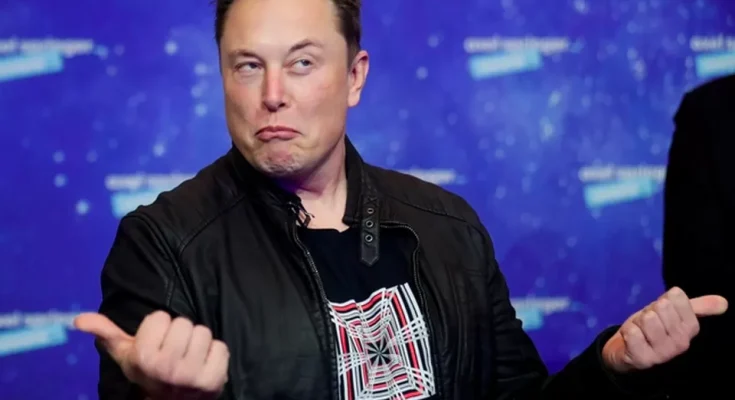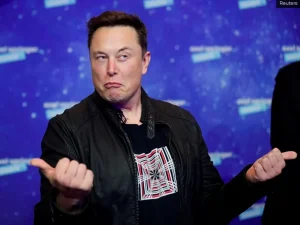Elon Musk Confirms He Will Spend A Large Sum Of Money To Acquire MSNBC, Makes A Shocking Four-word Statement, And Vows To Fire Joy Reid To “end The Toxicity.”
Elon Musk, the billionaire entrepreneur and CEO of Tesla and SpaceX, has once again captured headlines by announcing his intention to acquire MSNBC. This groundbreaking revelation has sent ripples through both the media and corporate worlds, as Musk’s influence continues to expand beyond technology and space exploration. What adds more fuel to the fire is Musk’s bold four-word statement accompanying the announcement: “End the toxic culture.” With this declaration, Musk has sparked debates about the role of media, accountability, and his potential plans for the network.
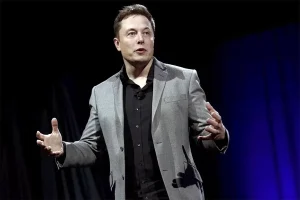
The news broke in a manner characteristic of Musk—a single tweet that left the internet buzzing. “Negotiating the deal to acquire MSNBC. Time to end the toxic culture,” Musk wrote, creating a storm of reactions from his 140 million followers and beyond. The statement was soon followed by another controversial proclamation: his intention to remove Joy Reid from her position, citing her as a symbol of the network’s alleged toxicity. These declarations have not only ignited conversations around media practices but also raised questions about Musk’s long-term intentions for MSNBC.
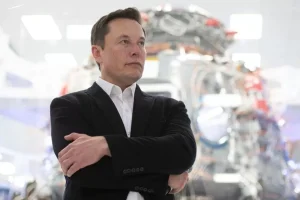
Musk’s interest in MSNBC is not entirely surprising, given his increasing forays into industries that intersect with public opinion and media. After his acquisition of Twitter in 2022, many speculated that he might venture further into mainstream media to challenge the status quo. MSNBC, known for its progressive leanings and outspoken hosts, represents a unique target for Musk’s disruptive ambitions. By seeking to purchase the network, Musk appears to be signaling a desire to reshape how information is presented to the public.
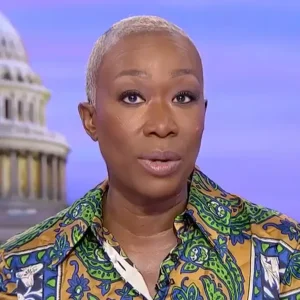
Critics, however, have been quick to raise concerns. Media analysts argue that Musk’s purchase of MSNBC could lead to a concentration of power in a single individual, undermining journalistic independence. Others view this move as an attempt by Musk to stifle dissenting voices, especially given his history of clashing with journalists and commentators who critique his business practices. The prospect of Musk owning a major news network has intensified discussions about media ethics, free speech, and the implications of billionaire ownership.
